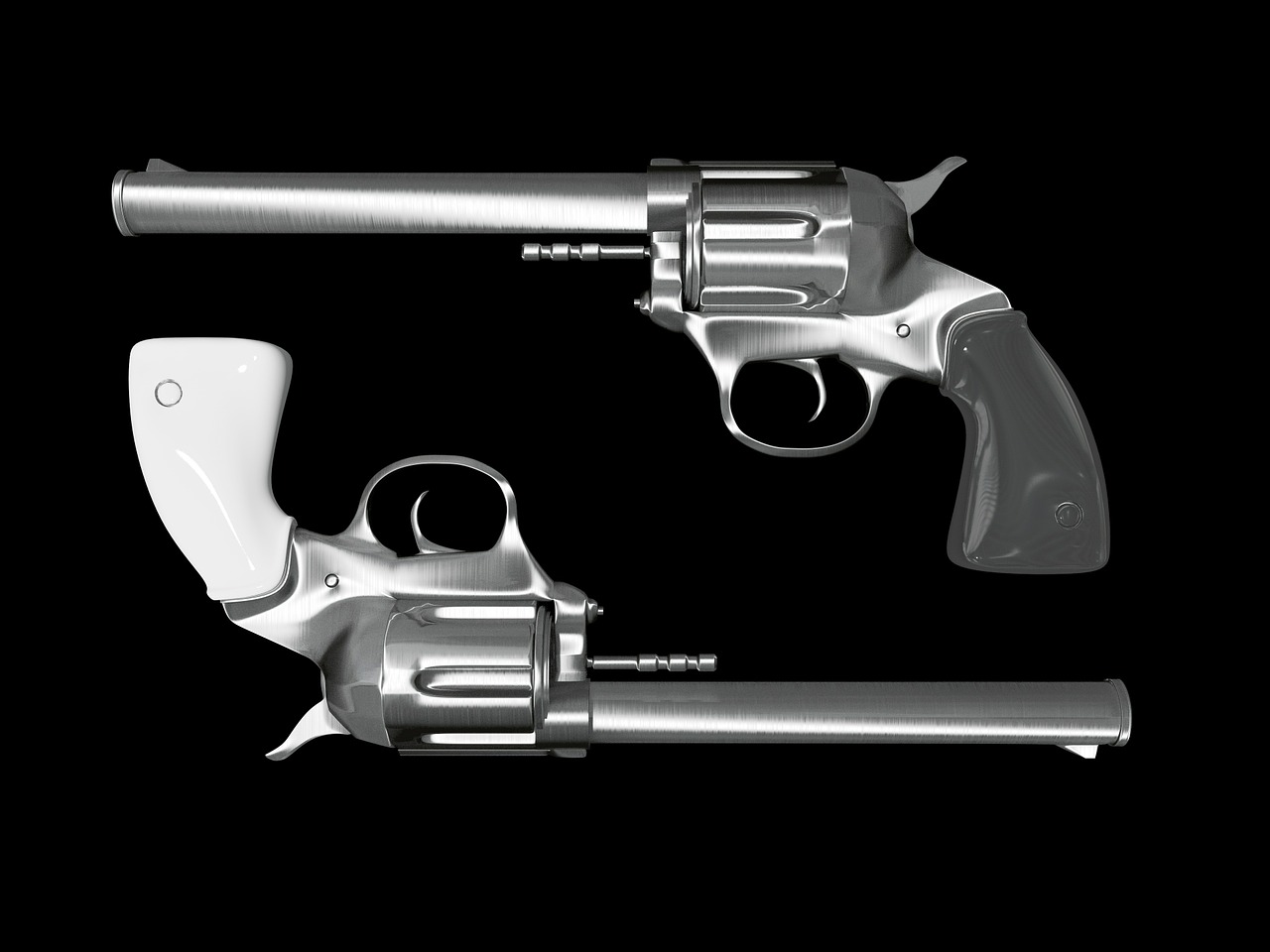
As US dithers, neighbour Canada moves to freeze handgun sales

Just a week after a gunman in US killed 19 children and two teachers in their classroom in Uvalde, Texas, Canada’s government on Monday introduced a legislation to implement a “national freeze” on the sale and purchase of handguns. This was a part of a gun control package that would also limit magazine capacities and ban some toys that look like guns.
The new legislation resurrects some measures that were shelved last year amid a national election. Prime Minister Justin Trudeau told reporters that the new measures were needed as gun violence was increasing.
While the Liberals have a minority of seats in Parliament, the legislation could pass with the support of the left-leaning New Democratic Party, reports Reuters.
Trudeau advocates strong action
“We need only look south of the border to know that if we do not take action firmly and rapidly it gets worse and worse and gets more difficult to counter,” he said.
“One Canadian killed by gun violence is one too many. I’ve seen all too well the tragic cost that gun violence has in our communities across the country. Today, we’re proposing some of the strongest measures in Canadian history to keep guns out of our communities and build a safer future for everyone,” Trudeau said.
Also read: US mass shooting: Here’s a look at how attackers manage to obtain guns
The handgun freeze would contain exceptions, including for elite sport shooters, Olympic athletes and security guards. Canadians who already own handguns would be allowed to keep them.
Canada has stronger gun legislation than the United States but while its gun homicide rate is less than one-fifth the US rate, it is higher than that of other rich countries and has been rising. In 2020 it was five times Australia’s rate, Reuters report points out.
The rate in each of 2020 and 2017 was the country’s highest since at least 1997, according to Statistics Canada.
Handgun count increasing in Canada
The number of registered handguns in Canada increased by 71 per cent between 2010 and 2020, reaching approximately 1.1 million, according to government figures. Handguns were the most serious weapon present in the majority of firearm-related violent crimes (59 per cent) between 2009 and 2020.
Canada banned the sale and use of some 1,500 models of assault weapons, like the AR-15 rifle, two years ago in the wake of a mass shooting in Portapique, Nova Scotia , a move some firearm owners are contesting in court.
Speaking alongside Trudeau, public safety minister Marco Mendicino confirmed the “imminent launch of the initial phase” of a programme to buy back and compensate owners of such weapons.
“We made a commitment to Canadians to tackle gun violence. The legislation we introduced today is part of our comprehensive strategy to promote safe and responsible gun laws, invest in law enforcement to stop organised crime and illegal gun smuggling at the border, and to invest in communities to address root causes and prevent gun crime from occurring in the first place. This legislation will help to reduce gun violence and keep Canadians safe,” Mendicino said.
The planned legislation will require long-gun magazines to be permanently altered so they do not hold more than five rounds and will ban the sale and transfer of large-capacity magazines.
Fake guns too come under the ban
The new laws would also ban some toys that look like real guns, such as airsoft rifles. Last week Toronto police shot and killed a man carrying a pellet gun. “Because they look the same as real firearms, police need to treat them as if they are real. This has led to tragic consequences,” Justice Minister David Lametti told reporters.
Also read: 18 children among 21 killed in shooting at Texas elementary school
“This bill combines evidence-based policies and tougher Criminal Code penalties, among other measures, to better protect our communities,” Lametti added.
On the other hand, Rod Giltaca, the head of the Canadian Coalition for Firearm Rights, said the handgun freeze was “absurd.” He said authorities were not using the tools they already had to tackle gun violence, such as calling people listed as references on gun license applications.
Earlier this year, the Canadian government announced an investment of $250 million through the Building Safer Communities Fund (BSCF) to help communities across the country prevent gun and gang violence by tackling its root causes, particularly for at-risk children.

